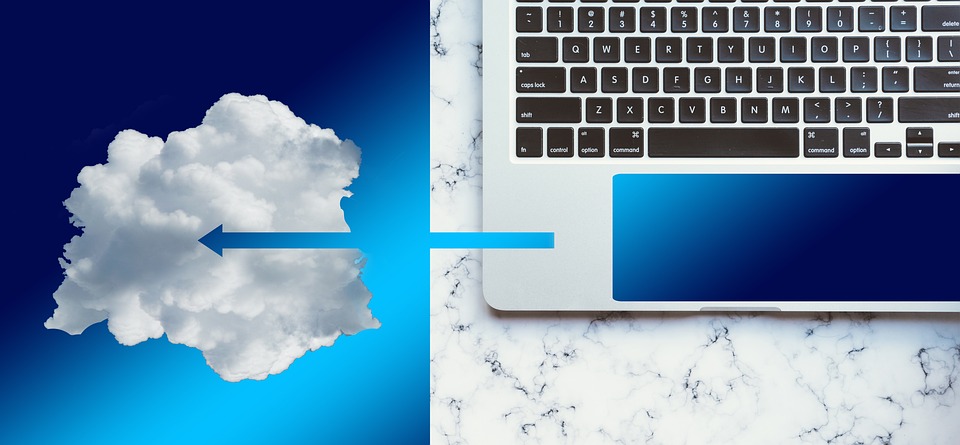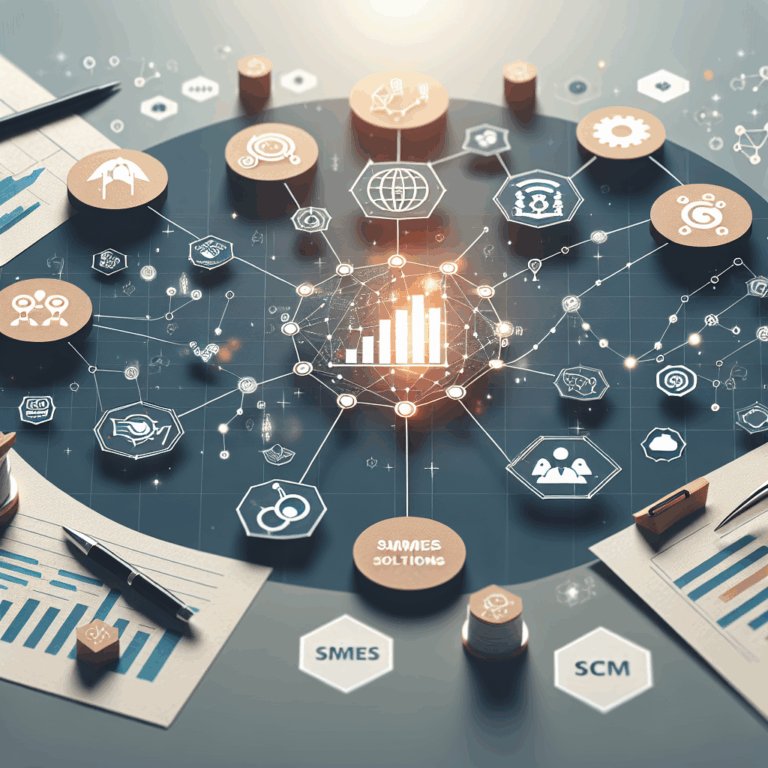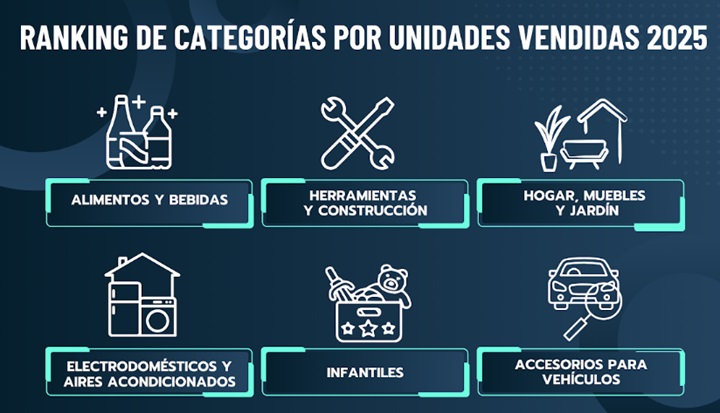
The Importance of a Good crm System in Billing
Introduction
In today’s fast-paced and highly competitive business landscape, companies need to have efficient and reliable systems to manage their customer relationships. One crucial aspect that should not be overlooked is the billing process. A well-designed crm system can play a fundamental role in streamlining the billing process, ensuring accuracy, reducing errors, and ultimately boosting customer satisfaction. In this article, we will delve into the importance of implementing a good crm system in billing and explore the benefits it brings to businesses.
The Role of crm in Billing
A crm system serves as the backbone of a company’s customer-centric approach. It helps centralize and organize customer data, enabling businesses to better understand their customers’ needs and preferences. When seamlessly integrated with billing operations, a crm system can bring numerous advantages:
1. Automated Billing Processes: An efficient billing system requires automation to handle recurring charges, generate invoices, and manage collections. A crm system integrated with billing enables automation, reducing manual errors and saving time that would otherwise be spent on repetitive administrative tasks.
2. Accurate Invoicing: Billing inaccuracies can lead to customer dissatisfaction and disputes. A good crm system ensures that billing information, such as product prices and quantities, are accurately recorded and reflected on the invoices. This level of accuracy strengthens customer trust and improves the overall billing experience.
3. Hassle-free Payment Management: CRM systems often incorporate payment management features that enable businesses to accept various payment methods, such as credit cards, PayPal, or bank transfers. By simplifying the payment process, customers are more likely to settle their bills promptly, resulting in improved cash flow for the business.
4. Personalized Billing Experience: A crm system allows businesses to create personalized billing experiences for individual customers. It can include tailored invoices, pre-filled forms, and even customized pricing based on customer segments. Such personalization helps businesses strengthen customer relationships and enhances the overall customer experience.
5. Data Analysis and Reporting: By integrating billing data with the crm system, businesses gain access to valuable insights. A well-designed crm system can generate reports, analyze billing trends, and identify areas for improvement. This data-driven approach aids in strategic decision-making, allowing businesses to optimize their billing processes and enhance revenue generation.
FAQs
Q: What is a crm system, and how does it work?
A: A crm system, or Customer Relationship Management system, is a software solution designed to manage an organization’s interactions with customers, clients, and prospects. It helps centralize customer data and streamlines various processes such as sales, marketing, and customer service, allowing businesses to better understand, serve, and retain customers.
Q: How does a crm system improve billing accuracy?
A: A crm system integrated with billing ensures that billing information, such as product prices and quantities, are accurately recorded and reflected on the invoices. This reduces manual errors that may occur during the billing process, leading to improved accuracy and customer satisfaction.
Q: Can a crm system help with late payments and collections?
A: Yes, a well-designed crm system can aid in payment management and collections. By offering various payment methods and sending automated payment reminders, businesses can significantly reduce late payments and improve their collections process.
Q: Is it possible to customize the billing experience for different customers?
A: Absolutely! A crm system allows businesses to create personalized billing experiences for individual customers. This can include tailored invoices, pre-filled forms, and even customized pricing based on customer segments. Such personalization strengthens customer relationships and improves the overall billing experience.
Q: How can a crm system aid in strategic decision-making?
A: By integrating billing data with the crm system, businesses gain valuable insights into their customers’ purchasing behavior, trends, and revenue generation. This data-driven approach enables businesses to make informed decisions regarding pricing, customer segmentation, and overall billing process optimization.
Conclusion
The importance of a good crm system in the billing process cannot be overstated. From streamlining billing operations to ensuring accurate invoicing, a well-integrated crm system brings numerous benefits to businesses. By automating processes, personalizing the billing experience, and providing valuable data analysis, a crm system helps drive customer satisfaction, improves cash flow, and aids in strategic decision-making. Investing in an efficient crm system is crucial for businesses looking to optimize their billing processes and stay ahead in today’s competitive marketplace.

















